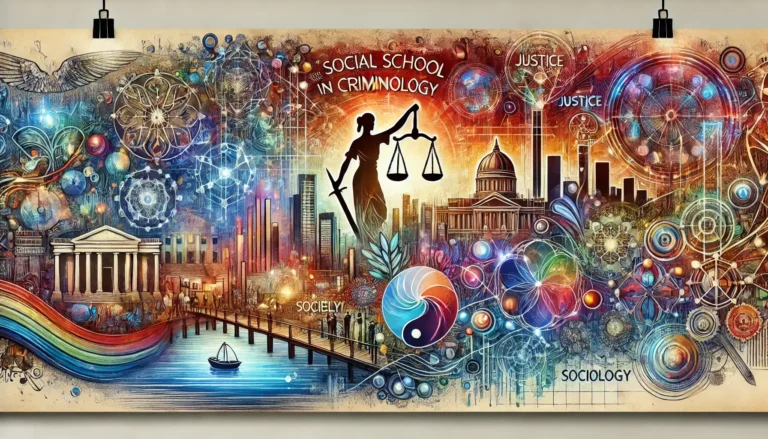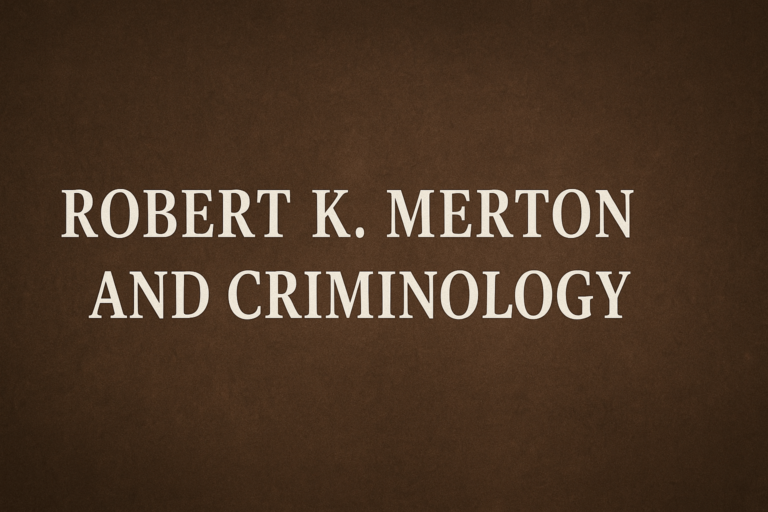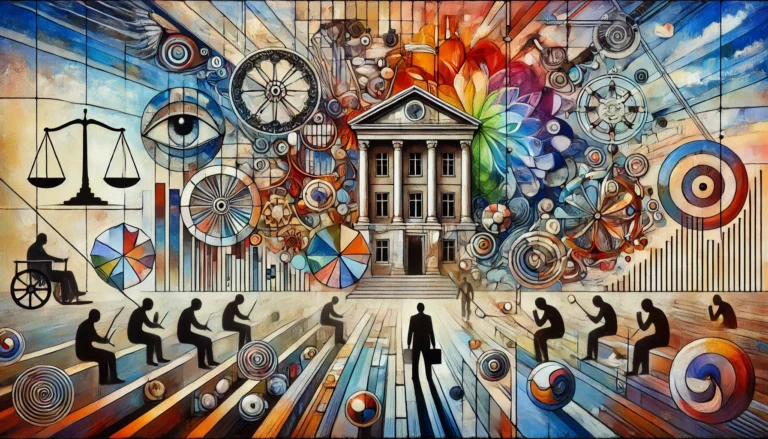The Social School in Criminology and Its Branches: A Comprehensive Analysis
Introduction to the Social School in Criminology The Social School in criminology represents a pivotal framework in understanding crime and criminal behavior through the lens of social structures and interactions. Unlike other criminological schools that focus on biological or psychological factors, the Social School emphasizes the role of societal conditions, environments, and relationships in shaping…



